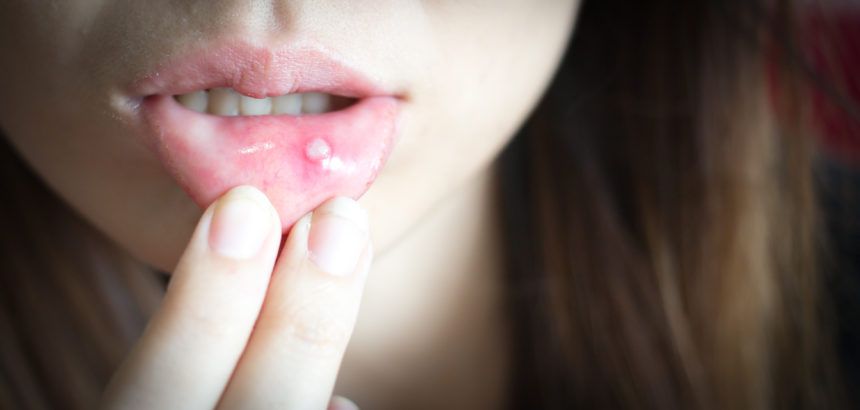
Diet to cure mouth ulcers fast naturally
If you’ve ever had those open, shallow sores in your mouth, you know exactly what a pain this can be! However, you’re not alone as about one in five people get recurrent mouth ulcers.
Mouth ulcers are small painful sores that occur inside the mouth. You might get them on the inside of your lips, the insides of your cheeks, the base of your gums or under your tongue. These small blister-like sores are quite different from the fever blisters, which usually appear on the outside of your lips or the corners of the mouth. Mouth ulcers usually pop up alone, but may also show up in small clusters.
The exact cause of mouth ulcer is not completely understood, but they seem to be triggered by stress, poor nutrition, food allergies and menstrual periods. Attempts to find bacteria or viruses linked with the condition have not proven fruitful, although an allergy to a type of bacteria commonly found in the mouth may cause some people to develop mouth ulcers. The sores also might be an allergic reaction to certain foods eaten. Among others, any injury to the mouth – such as scratching by abrasive foods or a stray toothbrush bristle – can trigger outbreaks of a mouth ulcers. Hormonal disorders can contribute to mouth ulcer, as can deficiencies of iron, folic acid, or Vitamin B12.
The initial symptoms usually begin with a tingling or burning sensation that you feel before other symptoms develop. Then after a day or so it bursts, leaving an open, shallow white or yellowish ulcer with a red border. Occasionally, someone who gets a mouth ulcer may also develop a fever and feel sluggish and uncomfortable.
Most mouth ulcers will heal on their own in a few days to a couple of weeks. While you’re waiting for them to disappear, there are some things you can do:
- You’ll want to watch what you eat when you have a mouth ulcers. Spicy foods and acidic foods such as lemons, tomatoes or citrus fruits can be extremely painful on these open wounds. You should also restrict food with sharp edges such as nuts or potato chips, which can poke or rub the sore. You need to be careful while brushing your teeth, too.
- Several studies show that one in seven people with mouth ulcers is deficient in folate, iron and vitamin B, and it’s strongly recommended to increase these nutrients in your daily diet to prevent sores or quicken recovery. Peas, beans and lentils are excellent folate sources; leafy vegetables, egg yolk and fortified cereals are high in iron; and whole grains and sprouts are high in B vitamins.
- Adequate intake of Vitamin C (Tulsi Juice, Amla Juice, Carrot juice) and antioxidants are effective at preventing or healing of mouth ulcers, particularly for people who are under a lot of stress or who consume a lot of alcohol or smoke.
- Gentle and good oral hygiene may help in the prevention of some types of mouth ulcers. It may also help to prevent some complications from mouth ulcers. Good oral hygiene includes brushing the teeth at least twice per day, flossing at least daily, and getting regular professional dental cleaning and examination.
- Your doctor may recommend antibiotics to help correct the ulcer. Topical (rubbed on) antihistamines, antacids, corticosteroids, or other soothing preparations may be recommended for applying on top of the ulcer.
Regular dental care, including brushing and flossing, as well as a balanced diet, may help reduce the frequency of mouth ulcers. If you have mouth ulcers that do not get better after a few days or if you find the sores keep coming back, or if they make you feel so sick that you are unable to eat properly, then its better that you see your doctor or dentist. Your doctor may want to do blood tests to find out if another condition such as a vitamin deficiency, a problem with your immune system, or even a food allergy is contributing to the sores.
http://paper.hindustantimes.com/epaper/viewer.aspx
(As published in Hindustan Times on April 22, 2019)
